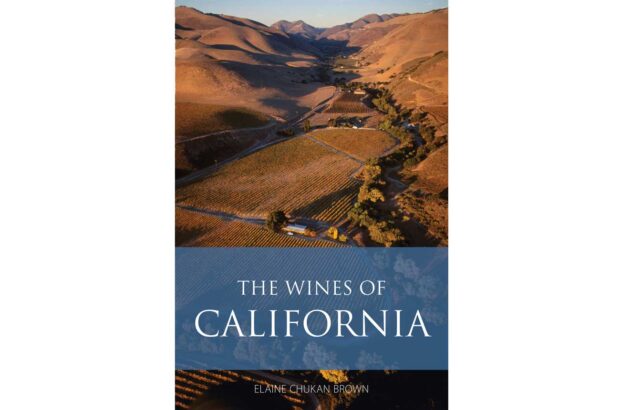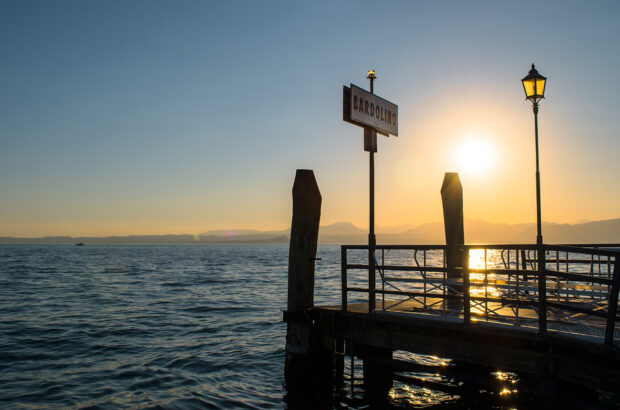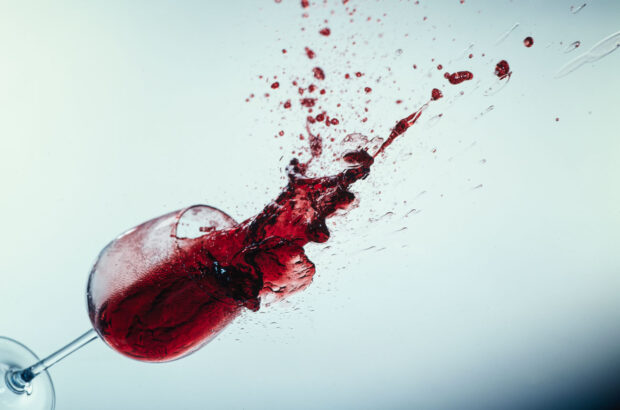National production from France’s wine harvest in 2023 has been estimated between 44 million and 47 million hectolitres this year, up from 45.4 million hectolitres in 2022. That would be in line with, or exceed, the five-year average.
France appears to be doing better than Italy and Spain, which expect below-average volumes.
Still, the French agriculture ministry emphasised the preliminary nature of its forecast, citing uncertainty around damage from downy mildew in Bordeaux and southwest France, and persistent drought in Languedoc and Roussillon.
‘On the other hand, the situation in other vineyards remains generally favourable,’ the French ministry said in a statement on Tuesday.
‘The grape bunches are often numerous and well filled, thanks to flowering that took place under optimal weather conditions and early summer rains that moistened the soils.’
By contrast, Italy’s national farming group Coldiretti has said extreme weather events may reduce the wine harvest by 14% this year, while growers in Spain estimate heat and drought may cut wine and must production in the country by 12%.
In France, the Champagne region escaped frost and hail damage, grape bunches are well supplied and disease has been contained, with production potential above average, the ministry said.
In Burgundy, grape production will be higher than the five-year average, despite some mildew pressure and locally some hail damage. Wine potential is also promising in neighbouring Beaujolais, with optimal soil moisture after drought last year.
The situation is complicated in Bordeaux, where consecutive thunderstorms and high temperatures in May and June both created favourable conditions for downy mildew and interfered with plant-protection measures.
Gironde’s chamber of agriculture last week started a survey among growers to gather information about this year’s ‘brutal attack on the harvest,’ which particularly struck Merlot.
The chamber has said at least 90% of vines were affected by downy mildew, which causes flowers and young bunches to turn brown and wither.
Languedoc and Roussillon were impacted by drought, though the Gard area received good rains and production potential there remains ‘interesting’, according to the ministry. Overall volumes for France’s largest wine production region ‘shouldn’t be too removed’ from the five-year average.
Overall, the agriculture ministry forecasts production close to, or above, the five-year average for most French wine-growing areas. With Coldiretti saying Italy’s production could be around 43m hectolitres in 2023, that would propel France to the spot of largest wine producer.






